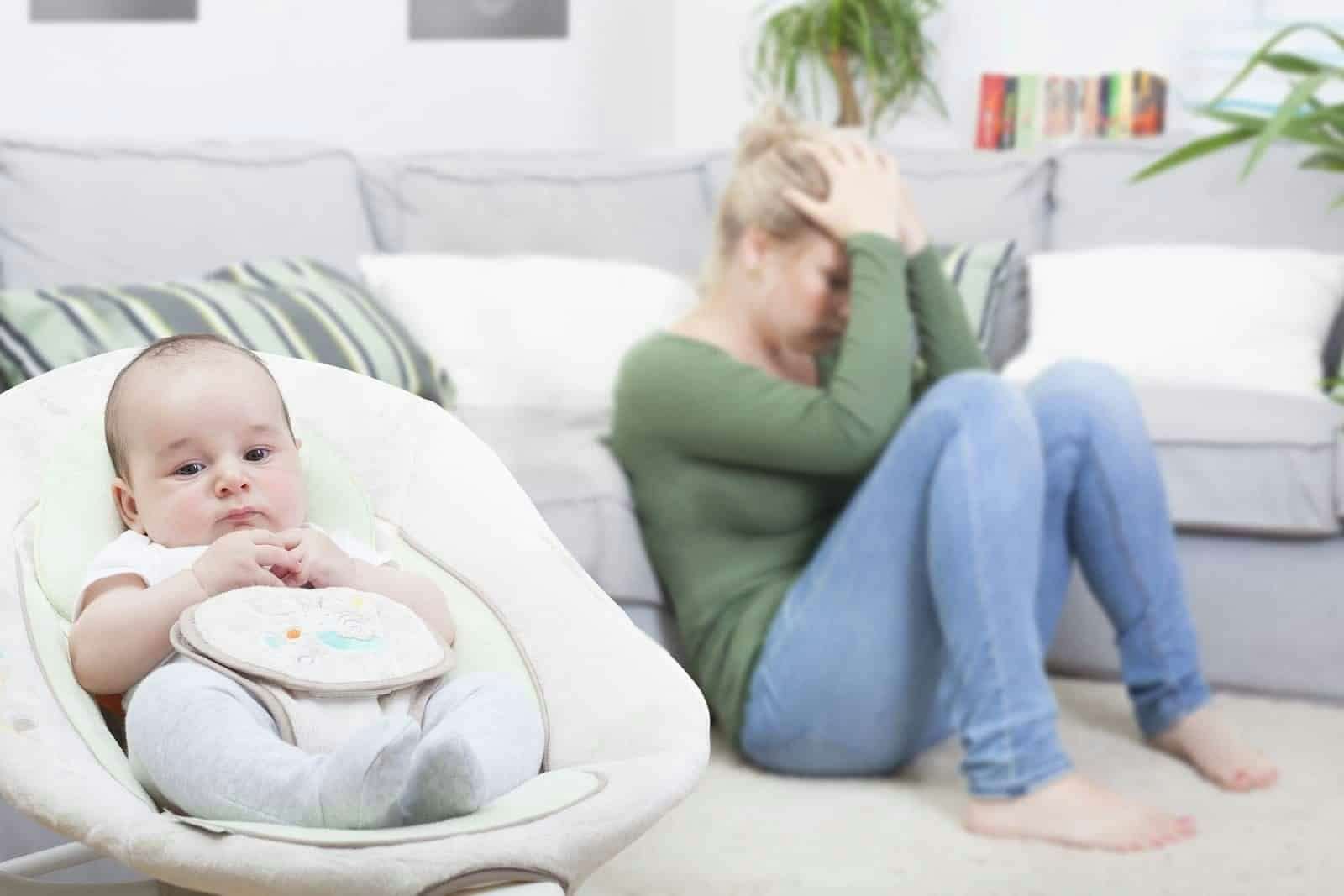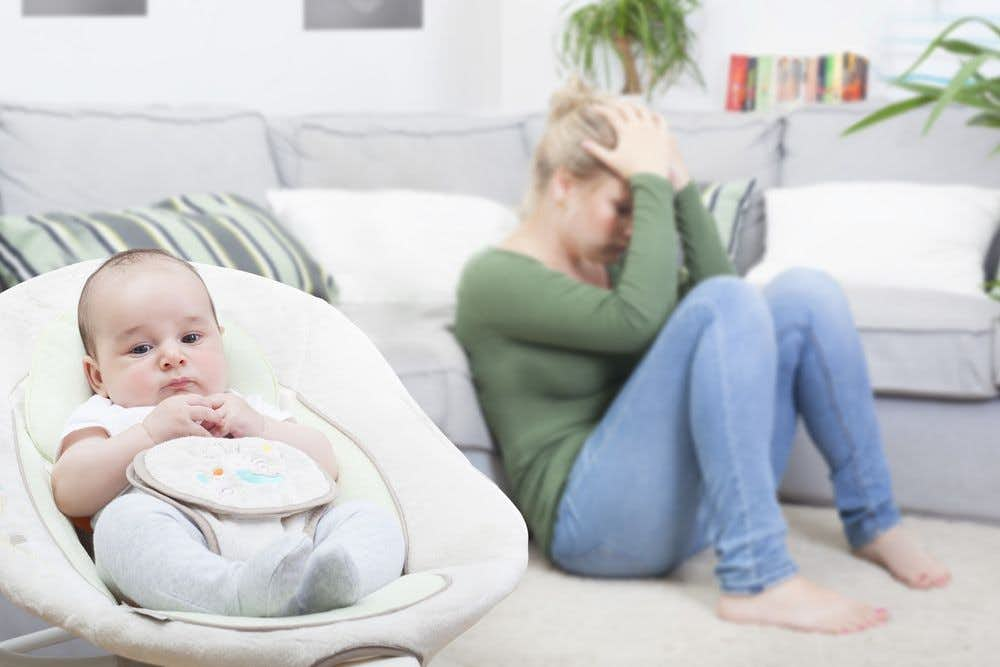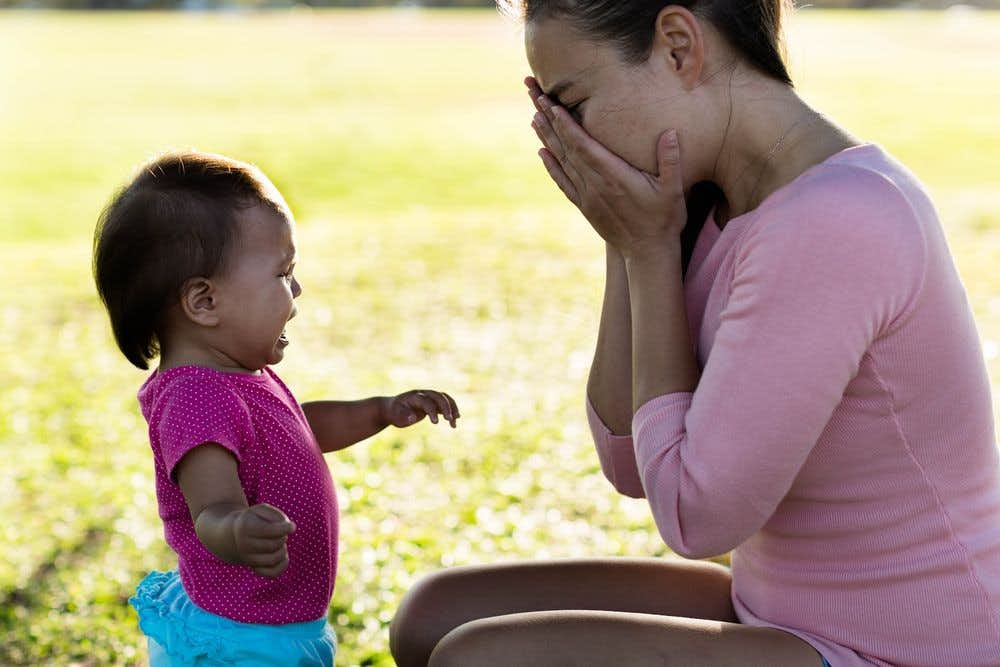“The very damaging, frightening part of postpartum is the lack of perspective and the lack of priority and understanding what is really important.” – Brooke Shields
Having a Baby is Not Always Exciting (Right Away)
Most of the time, successfully conceiving and expecting an addition to the family is an exciting time. Bringing a brand new life into this world is a true miracle. However, sometimes having a baby is not necessarily all that its hyped up to be. There can be worries and fears associated with caring for a newborn as well as the sudden changes to your daily life. Often times, these worries and fears for mothers can trump the anticipated joys. Ultimately, if these anxieties are not managed they can manifest into something more serious, postpartum depression (PPD).
Postpartum Mood Disorders
Postpartum depression has become a silenced topic among women. Regardless of severity, onset, and longevity, women feel shameful to admit to these feelings and emotions of guilt, shame, hopelessness, and sadness. However PPD is so common that there are now specific types of mood disorders that fall within postpartum. According to the American Pregnancy Association these categories are:
- Baby Blues:
- About 50-75% of new mothers have general negative feelings, also known as the “baby blues”, shortly after childbirth
- The most common type of negative emotional state after having a baby
- The least severe
- Almost always go away on its own
- Postpartum Depression
- About 15% of new mothers experience symptoms of postpartum depression
- Typically needs treatment to resolve itself
- Postpartum Anxiety
- Approximately 10% of women who who give birth suffer postpartum anxiety
- Postpartum anxiety can be coupled with depression and/or panic attacks
- Postpartum Obsessive-Compulsive Disorder
- About 3-5% of mothers show signs of postpartum OCD
- These women manifest their negative emotions through repetitive and obsessive actions
What is Postpartum Depression?
Simply put….
- Postpartum depression is the onset of a state of depression after having a baby
- Postpartum depression can occur immediately after the birth, or as late as one year after the birth
- Can last anywhere from a few days to a few weeks; in more serious cases, PPD can last longer
- Some women may experience only mild aspects of postpartum depression, while others may experience severe symptoms
Symptoms of PPD
Given its name, postpartum depression shares similar signs and symptoms to general depression. The types, amounts, and severity of the signs and symptoms a woman experiences is different for every individual. Some of the common signs and symptoms of postpartum depression include:
- Sadness
- Random episodes of crying for no given reason
- Sudden mood changes
- Fatigue
- Insomnia
- Irritability
- Anxiety
- Feelings of insecurity of being a mother
- Hopelessness
- Feeling overwhelmed
- Loss of appetite (undereating)
- Increase in appetite (overeating)
- Feeling guilty
- Not feeling like an adequate mother
- Social withdrawal from friends and/or family
- Showing little to no interest in caring for the baby
- Thoughts of harming yourself
- Thoughts of harming your baby
- Nausea
- Hot flashes
- Fear that you will never have your old life back
- Loss of interest in things that used to bring pleasure and joy
- Feelings of anger towards self, others, and/or the baby
- Panic attacks
- Inability to keep up with daily activities and tasks
Causes
There are a variety of reasons why women suffer from negative emotions after having a child. Whether this is their first or fifth baby, the reasons can vary. Some of the causes of postpartum depression could be:
- Hormonal
- Mayoclinic.org states that:
- “ After childbirth, a dramatic drop in hormones (estrogen and progesterone) in your body may contribute to postpartum depression. Other hormones produced by your thyroid gland also may drop sharply — which can leave you feeling tired, sluggish and depressed.”
- Sleep deprivation
- Overwhelmed by taking care of a newborn
- Overwhelmed by taking care of a newborn and other children
- Balancing work life and family life
- The struggle to keep up with breastfeeding and pumping
- Confused and overwhelmed by all the decisions to make for a baby
- Medical decisions
- Breastmilk vs. formula fed
- Co-sleeping vs. sleep training
How to Cope
Whether you are suffering from a mild case of the “baby blues” or a dangerously prolonged and serious case of postpartum depression it is important to seek help. Finding healthy and effective ways to deal with the challenges of negative thoughts and emotions as a mother is crucial to the well-being of not just yourself, but those around you, including the baby, your spouse, and any other children. If you or someone you know may be suffering from postpartum depression try some of the following guidelines for healing:
- Talk to your doctor or midwife
- Find a professional therapist who can help with talk therapy
- If necessary, start taking medication as directed by your physician or psychiatrist to treat any chemical imbalances
- Reach out to friends and family for help with errands, household chores, or even help with the baby
- Find a support group of other mothers suffering from postpartum depression
- Maintain open communication with your partner
- Ask your partner for help
- Try to find some time in the day to do something enjoyable for yourself
- Exercise
- Journal
- Meditate
- Take a hot shower or bath
- Treat yourself to your favorite food or show



